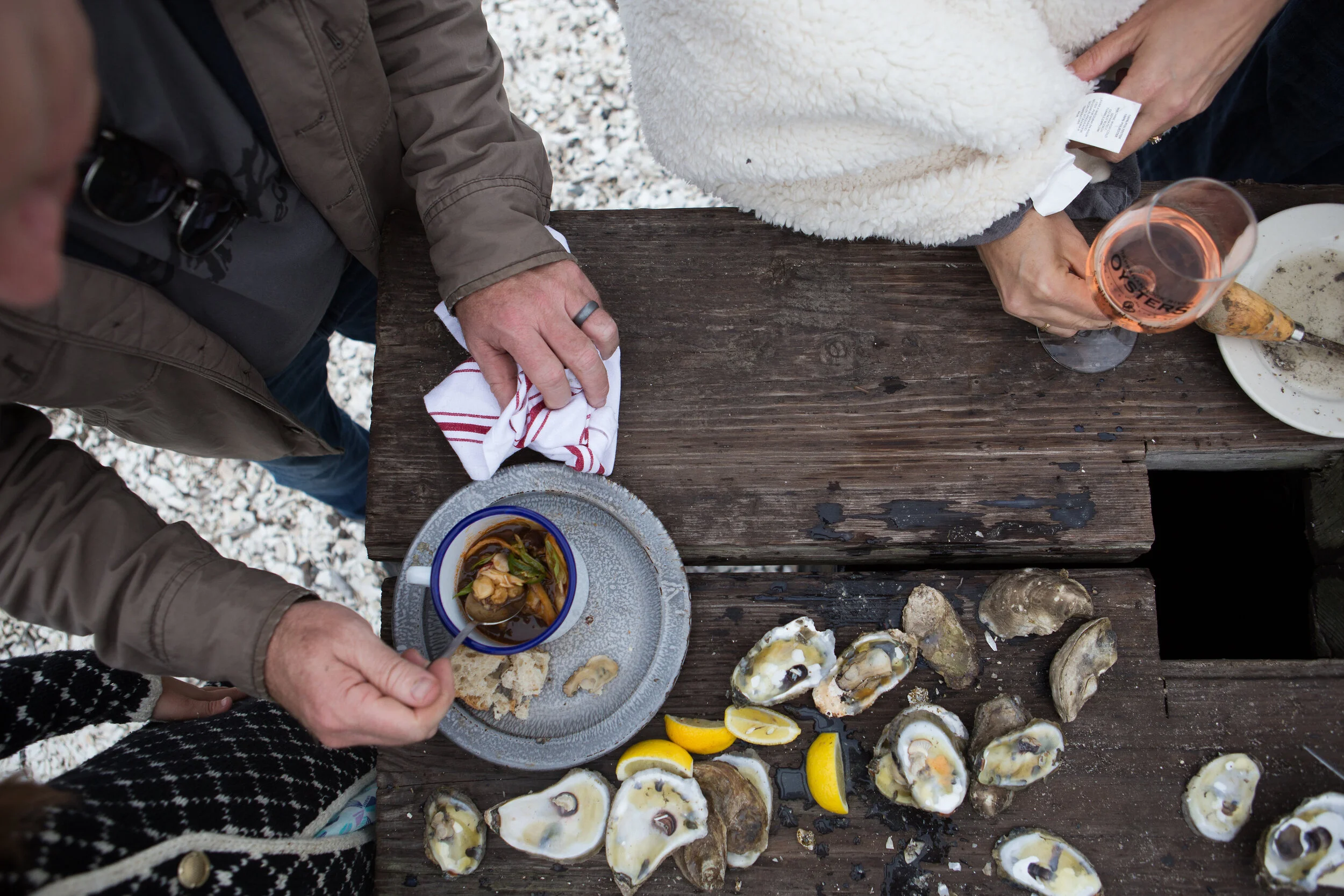Getting Schooled in Sustainable Farming
/At the University of Maryland’s Terp Farm, students harvest food that shows up on the cafeteria menu
By Tim Ebner
While most teachers stock up on pens and loose-leaf binders for the new school year, Allison Lilly Tjaden, assistant director for new initiatives at the University of Maryland’s dining services, is stocking up on farm equipment—things like shovels, rakes, and field hoes.
This fall she’s preparing to welcome a new class of University of Maryland undergraduates and teach them the benefits of sustainable farming. And, she’s doing it on a three acre, student-run farm in Upper Marlboro.
Lilly Tjaden started the aptly named Terp Farm through a partnership between the University of Maryland’s dining services and two other departments, the College of Agriculture and Natural Resources (AGNR) and the Office of Sustainability. The ultimate goal: to get students’ hands dirty with sustainable farming and teach them about issues like food waste and safety.
“This is a farm that’s unique in a lot of ways. For starters, it’s a closed-loop farm, which means that our farm is focused on zero waste,” she says. “The farm supplies our campus commissary, which turns into meals served at our dining halls. Then, if we have leftover food, we compost it and put it right back into the soil.”
Student farming is nothing new in practice, Lilly Tjaden says. The agricultural sciences have been a field of study at the University of Maryland for decades, and there have been several student-led farming efforts, including a 1960s back-to-the-land movement.
“What’s unique today is that we are not just showing students how to be good stewards of the Earth, we are teaching them the economics and networks behind a local food [movement],” Lilly Tjaden says.
Maryland farmers come to the Terp Farm to teach students who are growing things like summer squash, corn and cucumbers. Right now, the farm is harvesting pattypan squash—a “cute-looking” vegetable, Lilly Tjaden says—which will soon be pickled and served at the cafeteria.
“Pattypan squash is a unique product that our dining services culinary team can’t get from traditional food vendors, and it isn’t exactly something that they’re familiar with using,” Lilly Tjaden says. “That’s part of the fun. We get to expose our campus community to new foods, which are coming directly from the farm.”
If you’d like to get a taste of what the farm offers, keep a lookout for the University of Maryland’s food truck, which almost exclusively uses produce from Terp Farm. The truck is called Green Tidings, and it roves around campus most weekdays, serving dishes like chilled tomato basil soup and grilled herb chicken salad.
“Each day, our campus serves about 9,000 students, so if you do the math, that’s roughly 27,000 meals per day,” Lilly Tjaden says. “There’s no way our farm can support this campus entirely, but we can help to meet a growing demand of students who want to see more sustainable food on the menu.”
And, each year the farm grows a little bigger. This year is the third farming season, and the program has grown from 80 to 800 involved students annually. Really, that’s just scraping the surface, Lilly Tjaden says. This year she hopes to strengthen ties with farming organizations like Future Harvest CASA and Acokeek Foundation, establishing collaborative relationships that might connect students to longer-term jobs in local food systems.
“Everything is rooted in learning. We look at Terp Farm as a resource for both Maryland students and farmers,” Lilly Tjaden says. “When they meet here, the farmer and student engage in a dialogue and teach each other techniques that lead to a stronger and more sustainable food movement.”
Tim Ebner is a food writer based in Washington, DC. For food and travel tips, follow him @TimEbner on Twitter.







